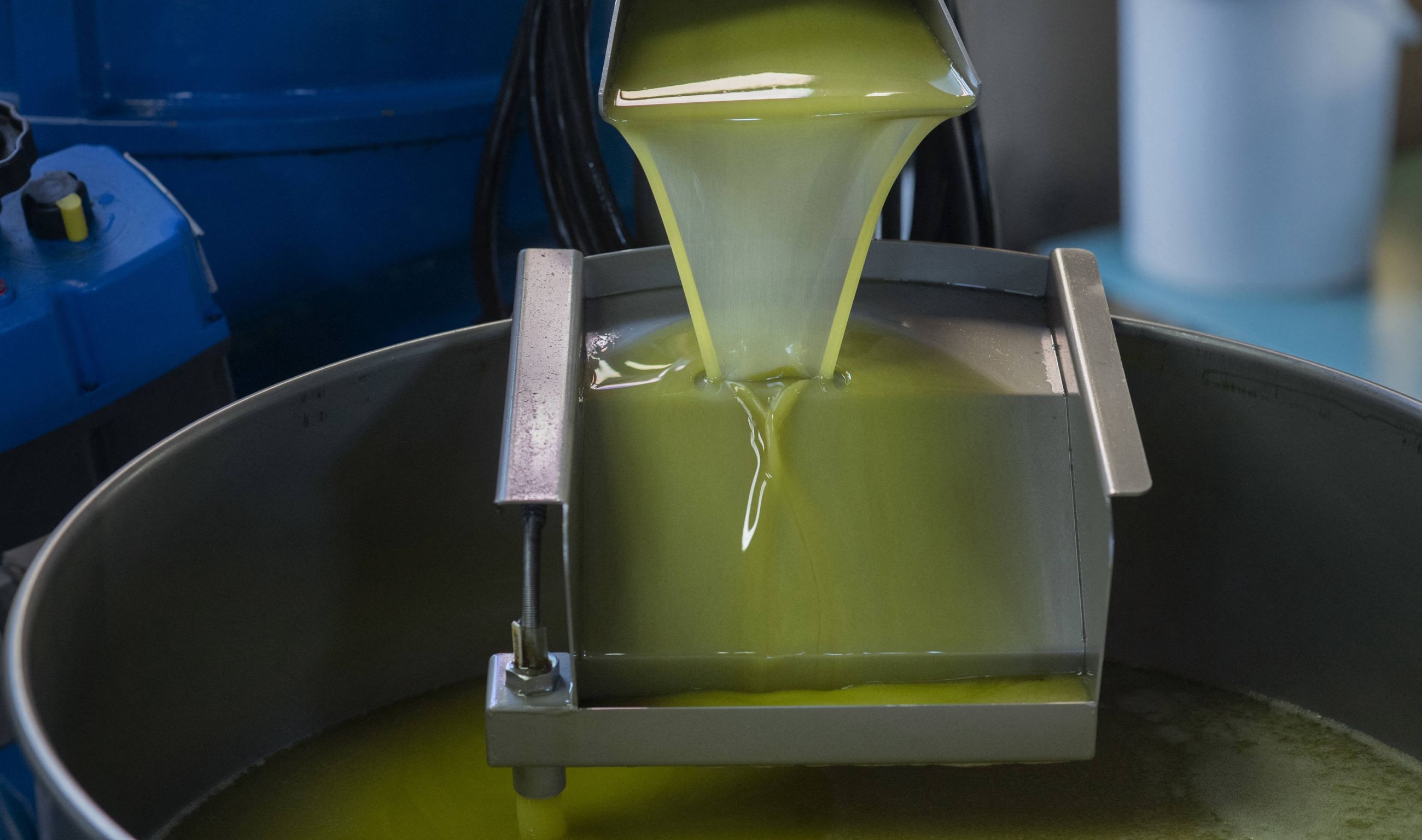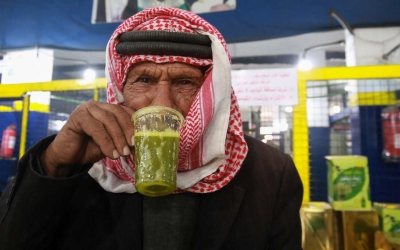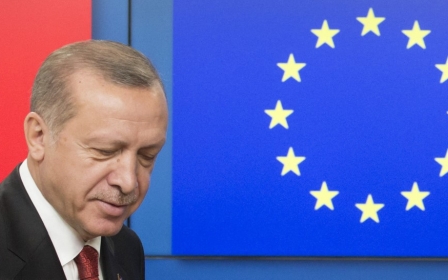Turkey suspends exports of olive oil after drought increases European demand

Turkey has taken the unprecedented step of suspending the export of bulk and barrelled olive oil until the harvest season in November.
The move comes in response to a devastating drought that has hit Europe, leading to increased demand for Turkish products and a surge in the price of olive oil in Turkey.
According to a statement issued by the Turkish Trade Ministry on Tuesday, producer and market prices have seen a staggering increase of 102 percent in Turkey since June.
Meanwhile, Spain experienced an 84 percent spike, Italy 58 percent, and Greece 72 percent, compared with the same period last year.
Remarkably, despite the increase in local production, prices in Turkey have continued to soar.
The International Olive Council reported that olive oil production in Spain and Italy, the world's major producers, declined by 20 percent in the 2022-23 season due to the drought. In contrast, Turkey's olive oil production increased by an impressive 62 percent during the same period.
The surge in demand for Turkish olive oil has also resulted in a substantial increase in exports, rising by nearly 240 percent to 136,000 tonnes for the November-July period.
However, the Turkish Trade Ministry highlighted concerns that some countries, particularly Italy and Spain, have been processing and remarketing the imported olive oil in bulk and barrels to third countries.
In response, Turkey also introduced an export tax of $0.20 cents per kilo for bulk olive oil shipments abroad last month.
The scorching temperatures in southern Europe have contributed to the dramatic increase in prices.
Spain, the world's largest olive oil producer, has suffered from a severe drought, resulting in a significant drop in production to just 620,000 tonnes during the 2022-23 harvest, far below its usual output of 1.5m tonnes.
European producers, faced with the dire situation, have turned to Tunisia, the Arab world's largest olive oil producer, to fill the gap in supply.
Tunisia predominantly sells 90 percent of its olive oil in bulk to major producers like Spain and Italy, where it is blended with other oils and sold under their labels.
Despite relatively low crop yields during the 2022-23 harvest, the tight market conditions have boosted export revenues by approximately 37 percent.
Projections indicate a further estimated 30 percent increase in exports to 200,000 metric tonnes for the upcoming 2023-24 autumn harvest, compared with the 155,000 metric tonnes exported last year.
However, with Europe experiencing a record-breaking heatwave and the autumn harvest only a few months away, there are growing concerns about an impending global olive oil shortage.
The situation remains closely monitored by both producers and consumers worldwide.
Middle East Eye propose une couverture et une analyse indépendantes et incomparables du Moyen-Orient, de l’Afrique du Nord et d’autres régions du monde. Pour en savoir plus sur la reprise de ce contenu et les frais qui s’appliquent, veuillez remplir ce formulaire [en anglais]. Pour en savoir plus sur MEE, cliquez ici [en anglais].





